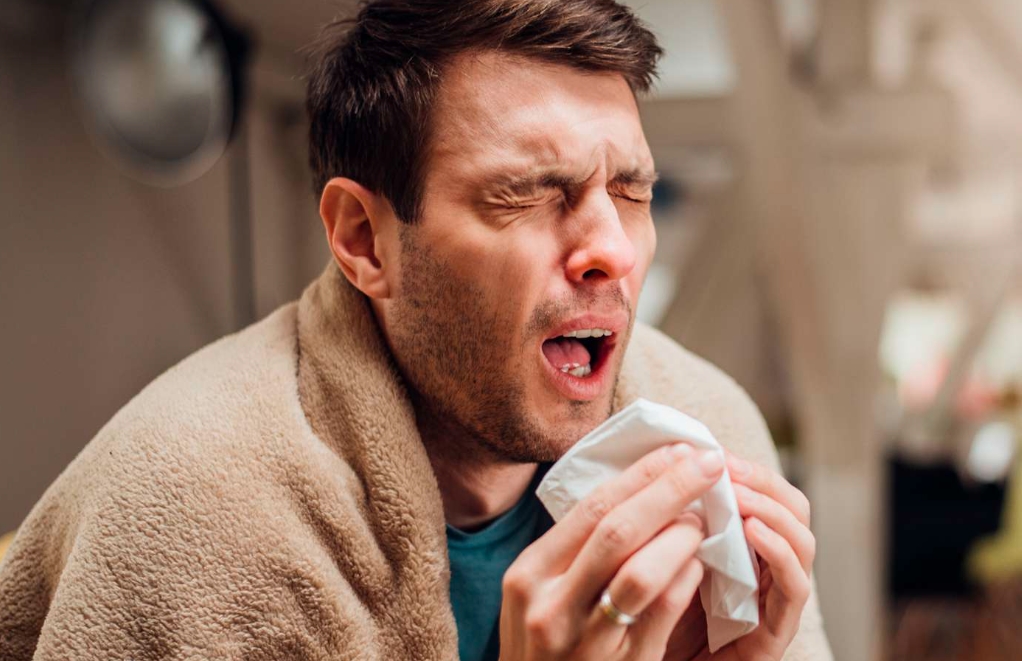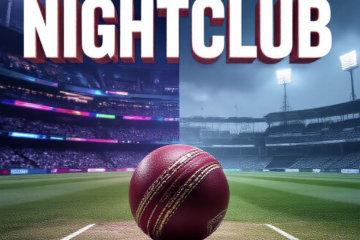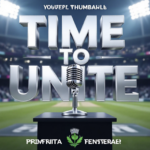A man from Dundee had to be rushed to the hospital after he tore a hole in his throat by trying to stop a sneeze. The 34-year-old man, who has not been named, felt a tickle in his nose and clamped his mouth and nose shut to stifle the sneeze. However, this caused a sudden increase in pressure in his throat, which ruptured his pharynx, the part of the throat behind the mouth and nasal cavity.
A rare but serious complication
The man said he felt a popping sensation in his neck and then noticed swelling and pain. He also had difficulty swallowing and speaking. He went to the Ninewells Hospital in Dundee, where doctors examined him and found that he had air bubbles under his skin, a sign of a tear in the throat. They also performed a CT scan and confirmed that he had a one-inch hole in his pharynx.
The doctors said that this was a rare but serious complication of holding back a sneeze. They explained that the act of sneezing is a natural reflex that helps to clear the nose and throat of irritants, such as dust, pollen, or germs. When a person tries to stop a sneeze, they create a high-pressure environment in the throat, which can damage the delicate tissues and blood vessels.
The man was admitted to the hospital and treated with antibiotics and a feeding tube. He stayed in the hospital for seven days, until the hole in his throat healed. He was then discharged and advised to avoid holding back his sneezes in the future.
The dangers of suppressing a sneeze
According to medical experts, suppressing a sneeze can have other harmful consequences, such as ear infections, hearing loss, sinus problems, or even brain aneurysms. Dr. Zi Yang Jiang, a head and neck surgeon at Massachusetts Eye and Ear, said that sneezing is a powerful force that can reach up to 100 miles per hour. He said that holding back a sneeze can cause the pressure to build up in the ears, nose, and throat, and potentially damage the eardrums, middle ear, or sinuses.

Dr. Jiang also said that sneezing can help to expel foreign particles and microorganisms from the respiratory tract, and that suppressing a sneeze can increase the risk of infection. He said that people who have a cold or flu should sneeze into a tissue or their elbow, and wash their hands afterwards, to prevent spreading the germs to others.
How to sneeze safely and politely
While sneezing is a natural and healthy response, it can also be annoying and embarrassing, especially in public settings. However, there are some ways to sneeze safely and politely, without causing harm to oneself or others. Here are some tips:
- If you feel a sneeze coming on, try to find a tissue or a cloth to cover your mouth and nose. This will help to reduce the spread of droplets and germs, and also muffle the sound of the sneeze.
- If you don’t have a tissue or a cloth, use your elbow or upper arm to sneeze into, instead of your hand. This will also help to prevent the transmission of germs, and avoid contaminating your hand and the objects you touch.
- If you have to sneeze into your hand, wash your hand with soap and water as soon as possible, or use an alcohol-based hand sanitizer. This will help to kill the germs and prevent infection.
- If you have a chronic or allergic condition that causes frequent sneezing, consult your doctor for treatment options. You may benefit from medication, nasal sprays, or allergy shots, depending on the cause and severity of your sneezing.
- If you sneeze in front of someone, apologize and explain that you have a cold, an allergy, or a tickle in your nose. This will help to reassure them that you are not contagious or rude, and that you are taking precautions to sneeze safely and politely.


















